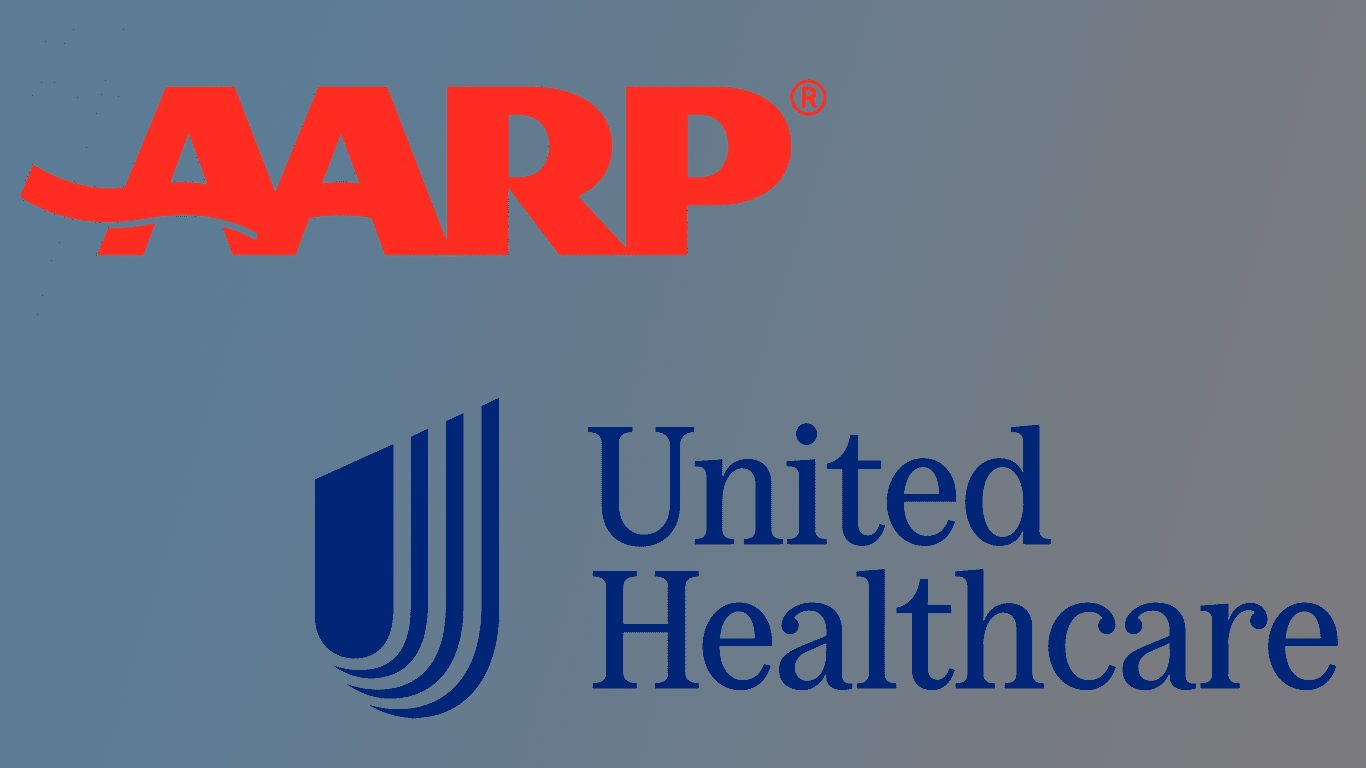Over the past two decades, the names AARP and UnitedHealthcare have become synonymous with Medicare supplement insurance plans, also known as Medigap plans. This long-standing partnership has raised questions about why these two organizations have chosen to collaborate and what benefits this relationship offers to Medicare beneficiaries.
Understanding the AARP and UnitedHealthcare Partnership
AARP: A Nonprofit Advocacy Group for Seniors
AARP, formerly known as the American Association of Retired Persons, is a nonprofit organization founded in 1958 by Ethel Percy Andrus. Its mission is to empower people aged 50 and older to live their best lives. With over 38 million members, AARP offers a wide range of benefits to its members, including educational resources, discounts, and advocacy efforts.
UnitedHealthcare: A Leading Health Insurance Provider
UnitedHealthcare, founded in 1977, is the largest single health carrier in the United States and ranks seventh on the Fortune 500 list. It offers a comprehensive range of health insurance plans across all 50 states and worldwide.
The Partnership: A Mutually Beneficial Arrangement
Over 20 years ago, AARP and UnitedHealthcare recognized the value of joining forces to provide Medicare supplement insurance plans to AARP’s vast membership base. While AARP does not necessarily endorse UnitedHealthcare as the sole choice for every Medicare beneficiary, it proclaims the insurance provider as a trusted healthcare partner and resource.
One potential reason for this partnership is the financial incentive. UnitedHealthcare pays AARP royalties for the use of its well-known brand name on Medicare supplement insurance plans. This arrangement allows AARP to generate revenue while offering its members access to UnitedHealthcare’s wide range of Medigap plans.
Medicare Supplement Plans Offered by AARP and UnitedHealthcare
Medicare supplement plans, also known as Medigap plans, are designed to fill the gaps in coverage left by Original Medicare (Parts A and B). These plans help cover out-of-pocket costs, such as deductibles, coinsurance, and copayments, that Medicare beneficiaries would otherwise have to pay.
Through their partnership, AARP and UnitedHealthcare offer eight standardized Medicare supplement plans across most states. These plans are identified by letters A through N and provide varying levels of coverage. Some plans offer more comprehensive benefits, while others are designed for individuals willing to pay higher out-of-pocket costs in exchange for lower monthly premiums.
In 2018, UnitedHealthcare accounted for 34% of all Medicare supplement plan enrollments in the United States, making it the largest provider of Medigap plans in the country.
Benefits of the AARP and UnitedHealthcare Partnership
The partnership between AARP and UnitedHealthcare offers several benefits to Medicare beneficiaries:
-
Choice and Flexibility: With eight different Medicare supplement plans available, beneficiaries have the flexibility to choose a plan that best suits their healthcare needs and budget.
-
Nationwide Availability: AARP Medicare Supplement plans are available in all 50 states, as well as Washington, D.C., and most U.S. territories, ensuring widespread access for AARP members.
-
Competitive Pricing: Due to UnitedHealthcare’s massive enrollee base of over 4.5 million retirees nationwide, the company can leverage economies of scale to offer competitive pricing on its Medicare supplement plans.
-
Simplified Administration: UnitedHealthcare streamlines the enrollment process, billing, claims handling, and administrative services for AARP members, making it more convenient for beneficiaries to manage their healthcare coverage.
-
Trusted Reputation: The AARP brand carries significant weight and trust among seniors, providing reassurance that the endorsed plans have been carefully evaluated and meet high standards of quality and service.
Addressing Concerns and Transparency
While the partnership between AARP and UnitedHealthcare has been beneficial for many Medicare beneficiaries, there have been concerns raised about the transparency of the financial arrangement between the two organizations.
Critics have argued that the royalty fees paid by UnitedHealthcare to AARP for the use of its name should be more clearly disclosed to potential enrollees. However, it’s important to note that these types of endorsement agreements are common in the insurance industry and are not inherently illegal or unethical as long as they are properly disclosed.
To ensure transparency, potential enrollees are encouraged to carefully review the terms and conditions of any Medicare supplement plan they are considering, including information about endorsement fees or commissions paid to third parties.
Conclusion
The partnership between AARP and UnitedHealthcare has been a long-standing and mutually beneficial arrangement for both organizations. While AARP endorses UnitedHealthcare as a trusted healthcare partner, it is essential for Medicare beneficiaries to carefully evaluate their individual needs and compare various plan options to make an informed decision.
By leveraging their combined resources and expertise, AARP and UnitedHealthcare have been able to provide a wide range of Medicare supplement plan choices to millions of seniors across the United States. As with any healthcare coverage decision, transparency and an understanding of the potential benefits and drawbacks are crucial for making the best choice for one’s specific circumstances.
Why are so many people are on AARP Medicare Supplement Plans?
FAQ
Does AARP only endorse UnitedHealthcare?
What is the relationship between UnitedHealthcare and AARP?
How are AARP and UnitedHealthcare aligned in their mission?
Is AARP UnitedHealthcare a good plan?

